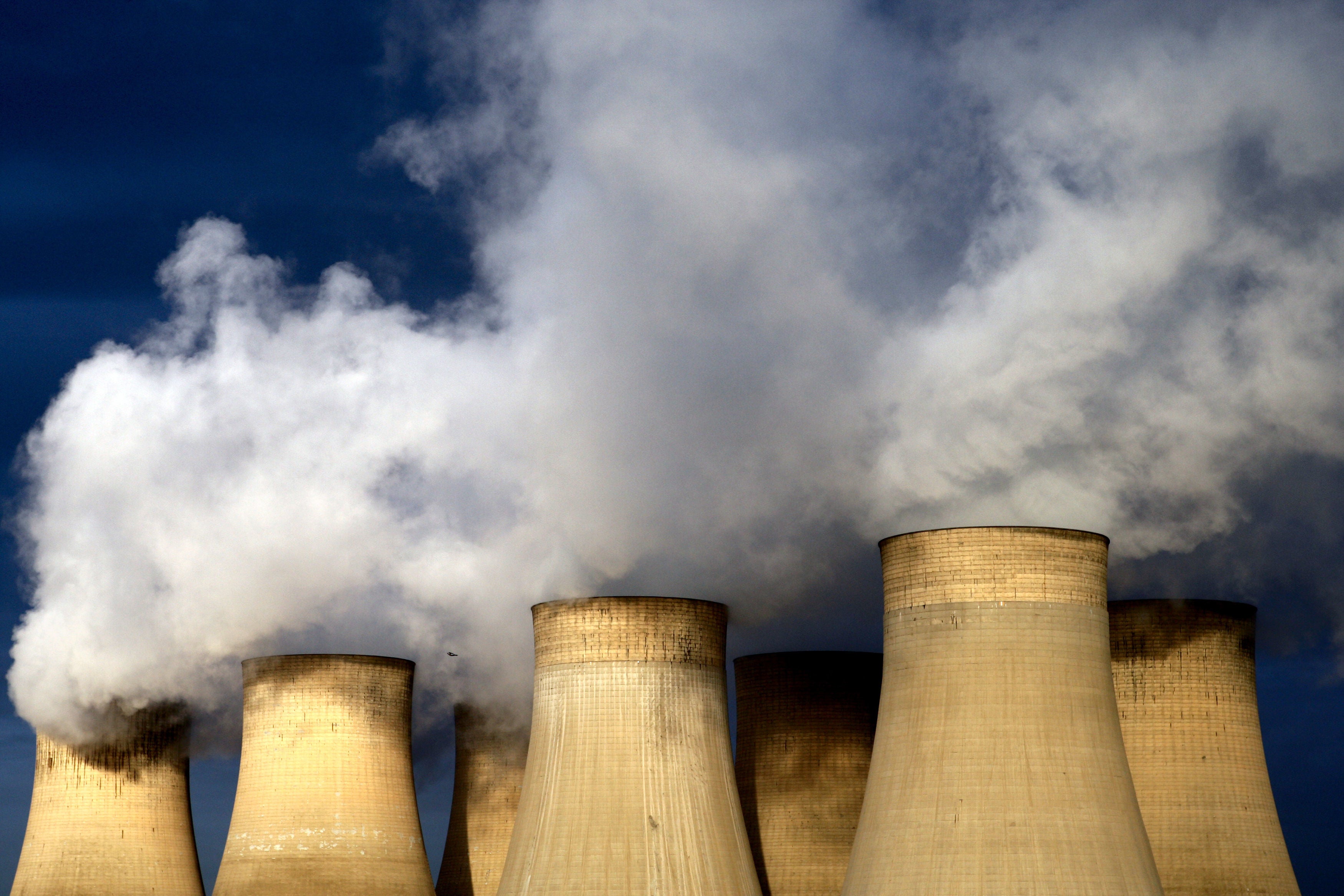MPs urge government to establish ‘carbon border’ to slash emissions from imports
The Environmental Audit Committee said imported goods should be subject to the same carbon charging as those made in the UK

MPs are calling on the government to set up a “carbon border” in a bid to prevent Britain’s commitment to achieve net zero emissions being hindered by cheap foreign imports.
The Commons Environmental Audit Committee said that while there is a carbon pricing system for goods produced in the UK, 43 per cent of its consumption emissions arise from imports, which do not fall under the remit of the scheme.
It said that extending the carbon price levied on domestic production to equivalent imports using a “carbon border adjustment mechanism” (CBAM) would be a “powerful lever” to reduce emissions and boost the development of low-carbon products.
But the commitee went on to acknowledge that introducing such a measure under the strain of the cost of living crisis would be would be “challenging”.
As such, it recommended that the government develop a strategy of public engagement in order to build consensus around the policy as a measure for tackling climate change, while ensuring vulnerable and low-income households were protected.
“Effective carbon pricing is crucial to decarbonisation, but cannot be achieved without effective anti-carbon leakage policies in place,” the report said.
“The government’s current approach to addressing the risks of carbon leakage ... is insufficient on its own to incentivise industrial decarbonisation effectively.”
While the committee acknowledged that a CBAM would need to be adopted internationally to be truly effective, it said that reaching agreement would take time and that the UK should start work unilaterally.
The committee chair, Philip Dunne, said that despite difficulties it was clear that “the pros of a CBAM outweigh the cons”.
“A carbon border adjustment mechanism can drive change not only by addressing carbon leakage, but by driving low-carbon change across our economy,” he said.
“For too long the emissions from our consumption have effectively been ‘offshored’, leaving the problem out of sight and out of mind.
“But we must all take greater responsibility for our consumption, and the practices that our businesses and organisations adopt.”
With additional reporting from PA
Subscribe to Independent Premium to bookmark this article
Want to bookmark your favourite articles and stories to read or reference later? Start your Independent Premium subscription today.

Join our commenting forum
Join thought-provoking conversations, follow other Independent readers and see their replies